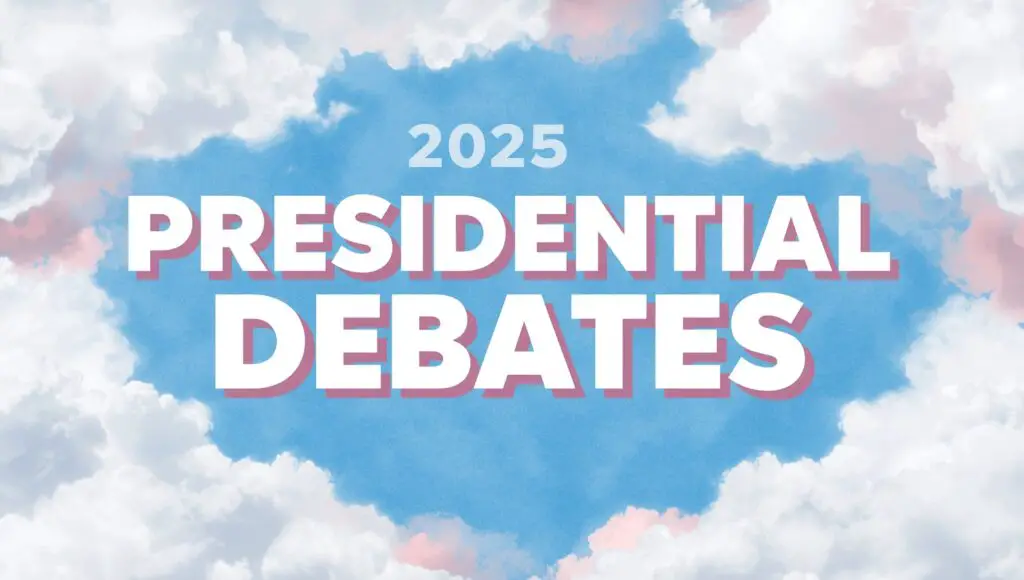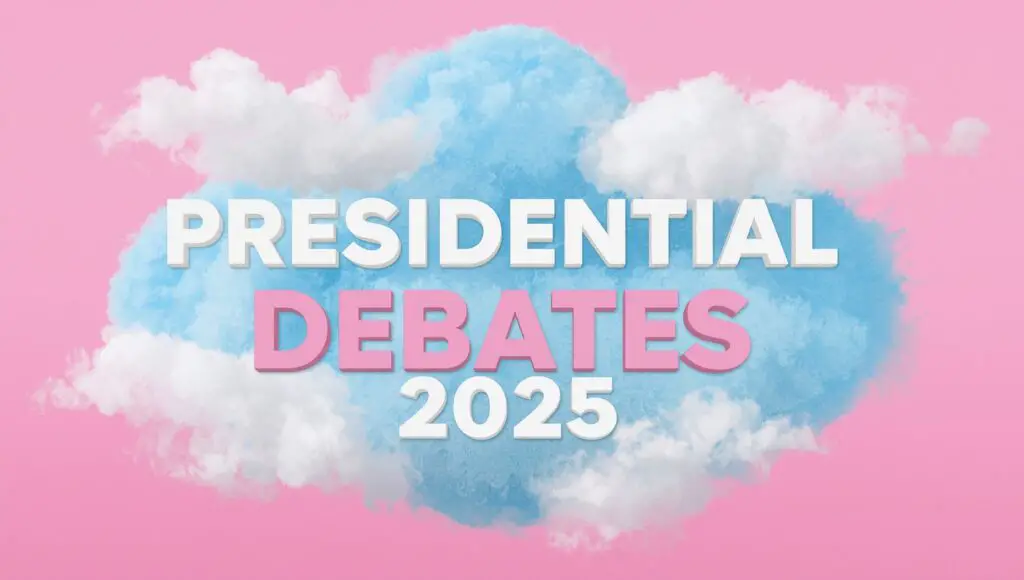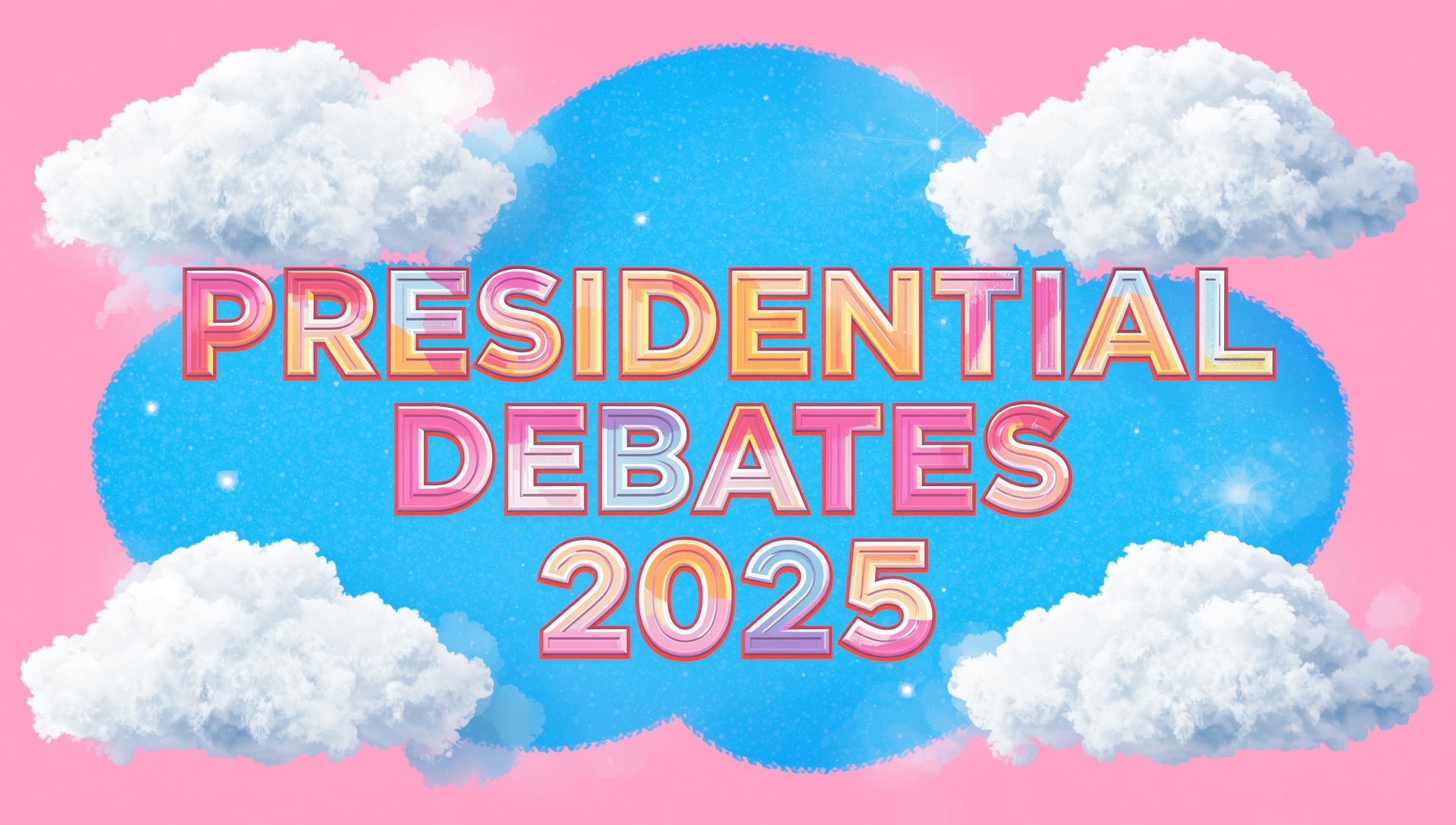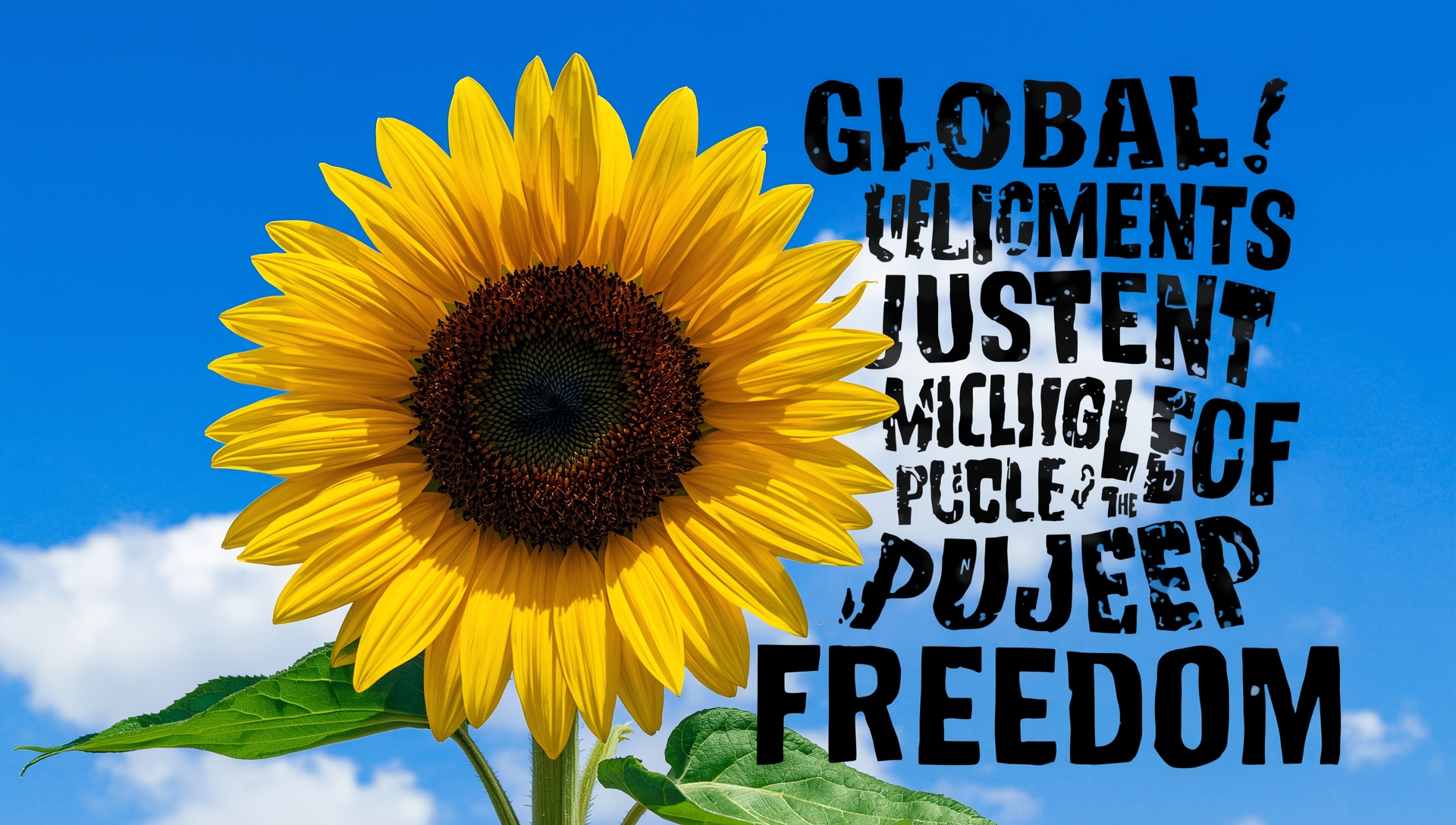Presidential debates remain one of the most essential stages in any democratic election process. They allow citizens to witness leaders under pressure, clarify policies, and rate their readiness to rule. While 2025 is not a U.S. presidential election year, several nations—including South Korea and Poland—hosted high-stakes debates that affected public opinion and election outcomes. Here’s a thorough look at how presidential debates happened in 2025 and why they matter on the world stage.

No U.S. Presidential Debates in 2025
In the United States, presidential debates are related to election years. The latest discussions were in 2024, with substantial political shifts and fierce arguments. The next U.S. presidential debates are set for the 2028 election cycle.
However, the absence of U.S. debates doesn’t mean 2025 was politically quiet. Across the globe, presidential contests in other countries offered some of the most explosive debate moments in recent memory.
South Korea’s 2025 Presidential Debates
South Korea’s presidential election in May 2025 featured a series of nationally televised debates that were a defining part of the campaign:
- First Debate – May 18, 2025
Four key candidates—Kim Moon-soo, Kwon Yeong-guk, Lee Jun-seok, and Lee Jae-myung—faced off over economic reform, education, and national security. The tone was harsh, with candidates criticizing each other’s track records and policy credentials. - Second Debate – May 19, 2025
Following the departure of Koo Joo-wa, this discussion featured Hwang Kyo-ahn and Song Jin-ho alongside the major competitors. Foreign issues dominated, with discussions on relations with North Korea and the United States. - Later Debates – May 23 & May 27, 2025 Domestic policy assumed center stage. One heated confrontation involved Lee Jun-seok’s controversial remarks about gender issues, triggering considerable condemnation and debate over social equality in South Korean politics. Impact:
These debates altered polling patterns, pushed policy problems to the forefront, and showed opposing leadership approaches. They also demonstrated how broadcast confrontations can alter the tide of an election in real time.

Poland’s Presidential Debates in 2025
Poland’s 2025 presidential election was highlighted by an exceptionally high number of debates—ten in total.
- Diverse Platforms: Debates were held by national TV networks, regional broadcasters, and civic groups.
- Policy Focus: Key subjects included economic modernization, corruption prevention, healthcare reform, and Poland’s status within the European Union.
- Boycotts & Controversy: Some candidates avoided key debates, citing bias or differences over format. This led to public discussions about transparency and political accountability. Impact:
The vast number of debates allowed Polish voters several opportunities to compare candidates firsthand. While not all debates received the same audience, collectively they played a crucial effect in shaping voter perception.
Why 2025 Presidential Debates Matter Globally
Even without U.S. participation, presidential debates in 2025 carried enormous weight for global politics:
- Democratic Transparency
Debates offer a unique unfiltered insight at leaders and their capacity to think on their feet. They also give voters the chance to evaluate promises versus performance. - Policy Spotlight
Issues such as gender equality in South Korea and EU collaboration in Poland got larger visibility because of these conversations. - Public Engagement
Debates often improve voter turnout by energizing the electorate. The heated exchanges in South Korea and Poland motivated younger voters in particular. - International Lessons
Other democracies might draw insights from how these debates are framed, mediated, and covered—especially in tackling bias, format fairness, and real-time fact-checking.
Key Takeaways for Future Campaigns
- Preparation Is Crucial: Candidates who arrived well-prepared with information and clear messaging tended to gain momentum in post-debate polls.
- Tone Matters: Aggressive attacks sometimes backfired, as demonstrated in South Korea, where contentious remarks impacted public opinion badly.
- Format Influences Impact: Open discussion formats permitted more authentic exchanges, whereas rigorous Q\&A sessions occasionally inhibited engagement.
- Media Plays a Decisive Role: Coverage, fact-checking, and post-debate commentary substantially influenced how viewers understood performances.
- presidential debates 2025 highlights * South Korea presidential debate 2025 * Poland presidential election debates * worldwide political debates 2025 * impact of televised debates on elections

Conclusion The 2025 presidential debates reiterated a timeless truth: debates are more than campaign events—they are a democratic test of vision, skill, and character. While the U.S. stage remains silent until 2028, nations like South Korea and Poland have proved that vigorous, public debate culture helps the election process. In a world where political narratives are often molded by soundbites and headlines, debates remain one of the few settings where people can watch politicians ponder, argue, and persuade in real time.
.



